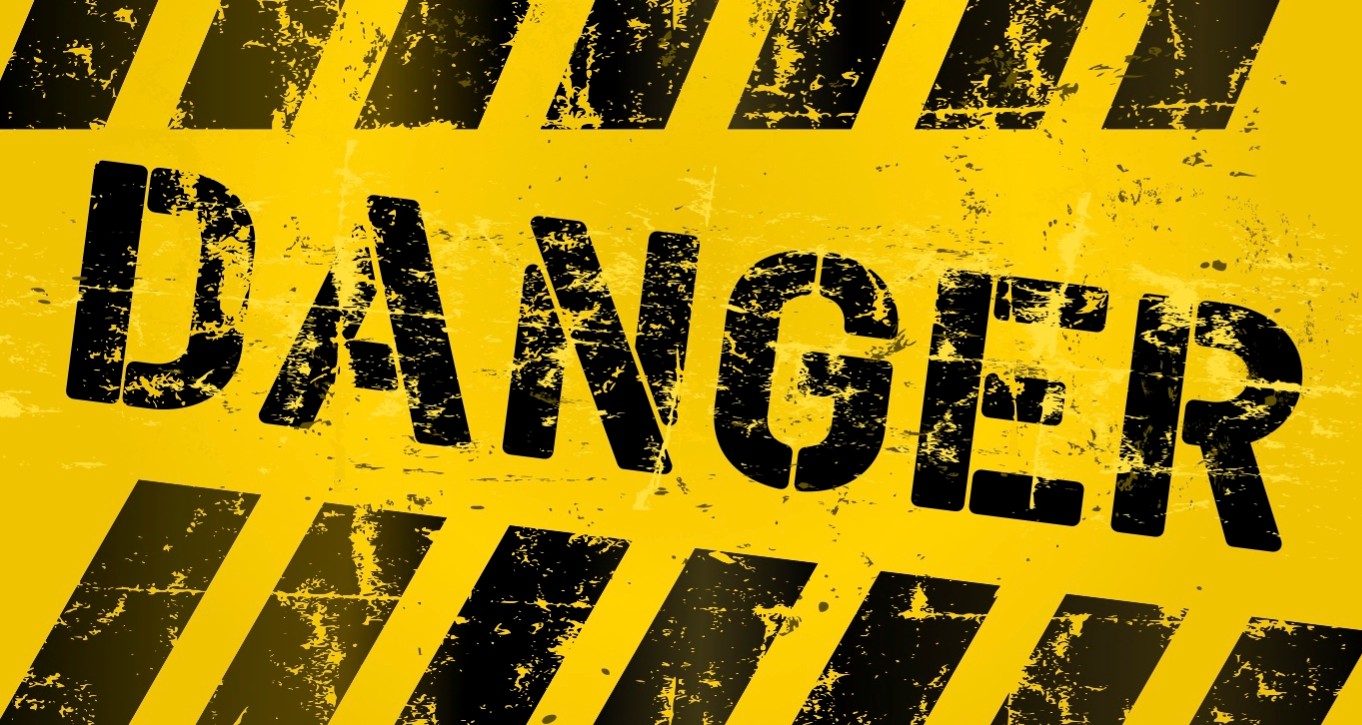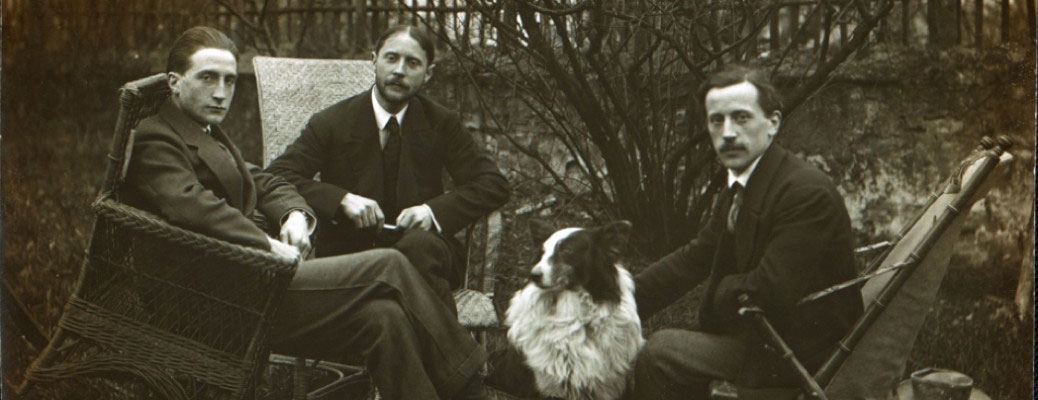If you’ve been in education for a while there is a phrase you’ll hear regularly if you listen for it. It’s just seven little words but the impact of those words can be enormous. The people who utter this phrase often mean well, but it rarely leads to much that is positive. This phrase can kill a potentially good idea, ruin a worthwhile initiative or demoralise others who want to make a difference.
It may just be the most dangerous phrase in the world.
The phrase is “That’s the way we’ve always done it.”
You may have been on the receiving end of these words. Perhaps you came up with what you believed was a brilliant, clever, innovative or time-saving idea. You honestly feel your idea can improve an existing outcome and make a huge difference. So you approach your colleagues with your idea, knowing that by making just a few simple changes the world will be a better place. And while they might listen and thank you for your interesting suggestion, they inform you of all the reasons why your idea cannot possibly work, because the way things are currently done is just the way they’ve always been done.
It might not be said with these exact words, and it sometimes comes in many variations. There’s “We tried that years ago and it didn’t work”, or “We’d never be able to do it because the others won’t go along with it”, or “That might be ok for other schools but it would never work here”, or even the time tested “If it ain’t broke, don’t fix it”. However it’s phrased, the message is essentially the same; we like the way things are and we don’t want to change them.
The irony is that while all these phrases are used to resist change, the world around us constantly changes. Change is just a natural thing.
We want our students to learn, which is just another way of saying we want them to change. Of course we want them to be better tomorrow than they were today. We want them to know more at the end of each term than they knew at the beginning. We want them to be more mature, have more wisdom, and make better decisions. All of that is based on the idea that they need to change. We call it growth.
And yet, far too often in schools we see systems and processes that stubbornly resist change. We see outdated curriculum, often locked in time by static syllabii and aging textbooks. We see processes being repeated each year, often without ever stopping to consider whether there may be a better way. We sometimes stick with “proven” tools and technologies without looking around to see if there may be better alternatives. And we also see the occasional teacher who does not realise that their 30 years of teaching experience has in fact been one year of teaching experience, repeated 30 times.
“That’s the way we’ve always done it”, or TTWWADI for short, is the reason we see the same old worksheets, the same old assessment tasks, the same old resources, used year and year. It’s also often the reason that we structure our schools in ways that contradict everything we know about how students learn most effectively. We want to make decisions in the best interests of our students, but we don’t because those decisions often contradict the way we’ve always done things.
Despite the fact that the outside world changes constantly it is still far too easy to find classrooms that don’t. TTWWADI-thinking does a grave disservice to the students that pass through those classrooms.
I recently overheard two sisters talking. The younger of the pair had the same teacher that her elder sister had five years before. Despite the five years that had passed, the older student was listening to her younger sibling talk about the work she was doing in class and remarking “Oh yes, I remember doing that assignment when I had that same teacher”. Unless that assignment was perfect and timeless, repeating it year after year without considering alternatives makes is seem like that teacher is simply on autopilot.
As this new school year begins, stop and think about what you’re doing. Are you reaching into your files and digging out the same teaching program you used last year? The same activities and worksheets you gave your students last year? The same letters to parents that were sent home last year?
If you’ve been in a school for more than a few years, think about how much has changed in the world around you. Even just five short years ago, most of us were not storing work in “the cloud”, or working collaboratively with others on shared documents, or learning by being digitally connected through various social streams. Technology provides great examples of these rapid changes but it’s hardly the only area of change. (Although you could probably argue that technology is the main driver that is forcing change in so many other areas). However you look at it and whatever the driver may be, it seems that change really is the only constant.
So why do some teachers embrace change and get excited about the possibilities of doing things in new and different ways, while others cling doggedly to doing things in ways that they have always done them? Why do some people immediately dismiss new or innovative ideas because they are not “the way we’ve always done it”?
Before exploring that question, it’s important to also recognise that just because something is different does not necessarily mean it’s better. Some of the things we repeat year after year may be done that way because they actually are the best way to do them. It can be exhausting to constantly be reinventing wheels that have already been invented. We don’t need to throw out everything we do and start again but we certainly should look at everything we do with fresh eyes and continually ask ourselves the critical question “Is there a better way to do this?”
Carol Dweck’s work on the ideas of Growth Mindset vs Fixed Mindset is a good place to start. Without restating all of her research, essentially Dweck found that people see their world differently depending on whether they embrace a growth mindset or a fixed mindset. That is, whether they believe they are capable of growing and changing, or not. Those with fixed mindsets tend to believe the abilities they were born with, or that they have right now, are the abilities they will always have. Those with growth mindsets believe that they are capable of growing, so they see change as an opportunity for learning and trying new things. Ironically, having a fixed mindset is not fixed; once you realise that you are limiting yourself with this kind of thinking you can catch yourself doing it and consciously decide to respond differently.
Responding differently is hard. It’s not always easy to see past “the way we’ve always done it” and reimagine how things might be done differently because many of us have not been conditioned to think this way. But you can start by consciously and deliberately asking yourself one very simple question. Begin by asking yourself “Why?”
- “Why are the desks in my classroom arranged like that?”
- “Why do my students do that same geography assignment every year?”
- “Why do we always study that same novel?”
Thinking bigger, consider some of the many aspects of school we take for granted, such as…
- “Why is our school day structured the way it is?”
- “Why are our lessons 50 minutes long?”
- “Why does the school day start at 8:30 and finish at 3:00?”
- “Why do we group students according to the age they were born?”
As you begin to ask “why?”, take note of your answers. If you find yourself answering the question with “because that’s the way we’ve always done it” then dig a little deeper. Why have you always done it like that? Is it because it is the best way? Maybe it was the best way at one time, but is it still the best way now? Could there be a better way? So many of the things we do, we don’t even think about anymore. We get so used to the way things work that we forget to question them.
One easy (and fun) thing you can do is simply to visit other schools. Just walking into a different environment and looking around can be enlightening. When you walk into someone else’s classroom you cannot help but notice how things are done differently. You find yourself noticing little things and saying “That’s interesting. I wonder why they do it like that?” You’ll see ideas that you hadn’t thought of. Ways of doing things you hadn’t considered. And when you return to your own classroom you’ll see it just a little bit differently. Looking outside the world you experience every day helps you have fresh eyes.
Consider this. Kodak, the once great film and camera company, is these days little more than a footnote in the history of photography. The reason? Their entire worldview was rooted in the idea of film cameras and film processing. When digital photography came along they dismissed it as a fad because it was “not the way we’ve always done it”. They failed to respond to the changes around them and that failure hit them hard. History is full of similar examples where entire industries – often large, seemingly entrenched empires – have been decimated because of their failure to respond to change. The Swiss watch industry refused to adopt the quartz movement because it was not the way they always made watches. It took them years to recover. The record industry initially rejected digital downloads because they were not they way they always distributed music. They eventually relented, but it put them years behind where they could have been had they chosen to lead that change. The list goes on.
There is no denying that we live in a world of enormous change, where a single technology can make “the way we’ve always done it” obsolete very quickly. As educators, we need to be leaders in the ability to change and adapt and learn. The students we teach today will be the next generation of innovators, entrepreneurs and world-changers, and will be the ones who must address the big, wicked problems that need be solved in our future. If we want the education we offer to our students to be the key to making the world a better place, then we need to develop mindful, creative, critical thinkers, who constantly ask “why?”
We will never get the future we want if we keep saying “that’s the way we’ve always done it”.
An edited version of this post was also published as an article in the March 2016 edition of Education Technology Solutions Magazine




 I only have a few people in that category, but one is Marcel Duchamp.
I only have a few people in that category, but one is Marcel Duchamp.